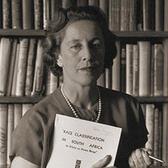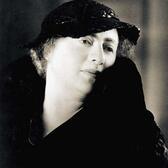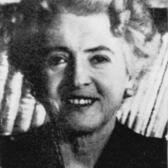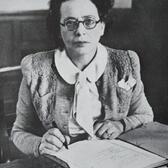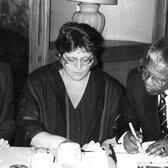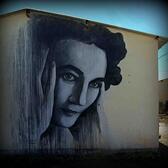Milton Shain
Milton Shain teaches modern Jewish history and is director of the Isaac and Jessie Kaplan Centre for Jewish Studies and Research at the University of Cape Town. He has written and edited several books on South African Jewish history and the history of antisemitism. These include Jewry and Cape Society: The Origins and Activities of the Jewish Board of Deputies for the Cape Colony (1983), The Roots of Antisemitism in South Africa (1994) and Antisemitism (1998). He co-edited Jewries at the Frontier: Accommodation, Identity and Conflict (1999) with Sander L. Gilman, Israel: Culture Religion and Society, 1948–1998 (2000) with Stuart A. Cohen, and Memories, Realities and Dreams: Aspects of the South African Jewish Experience (2002) with Richard Mendelsohn. In addition he has published numerous scholarly articles, chapters in books and encyclopedia entries.

